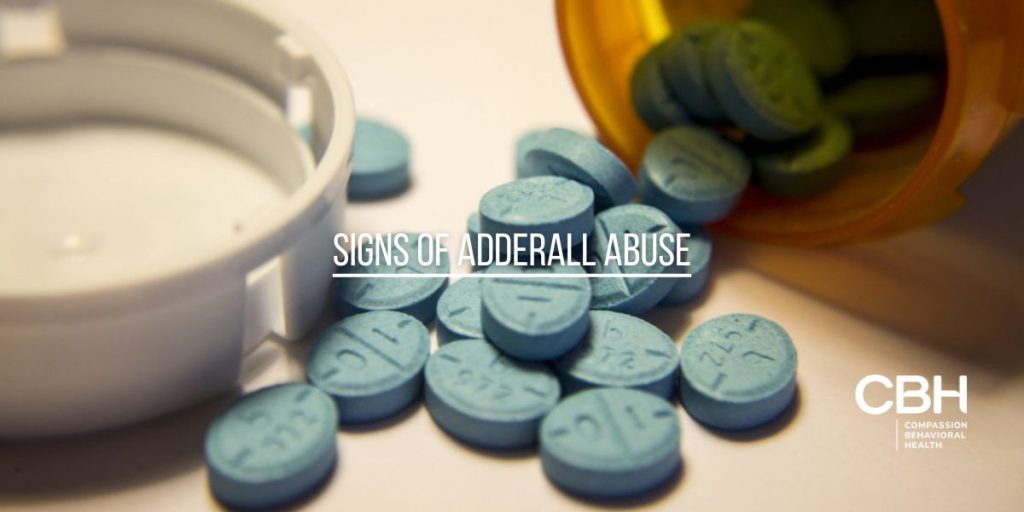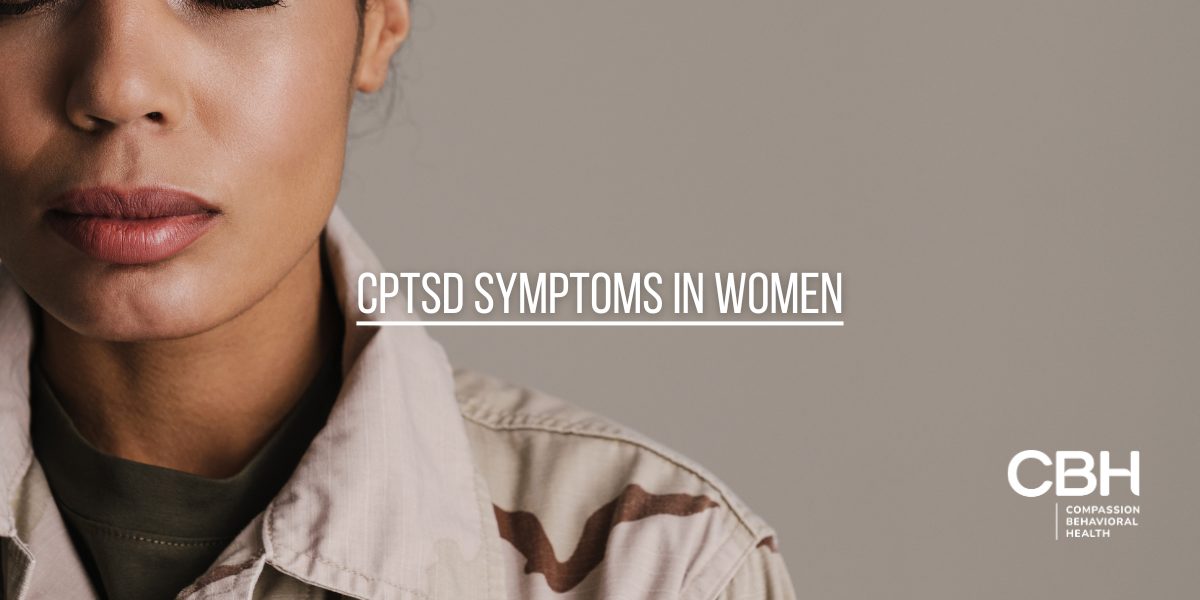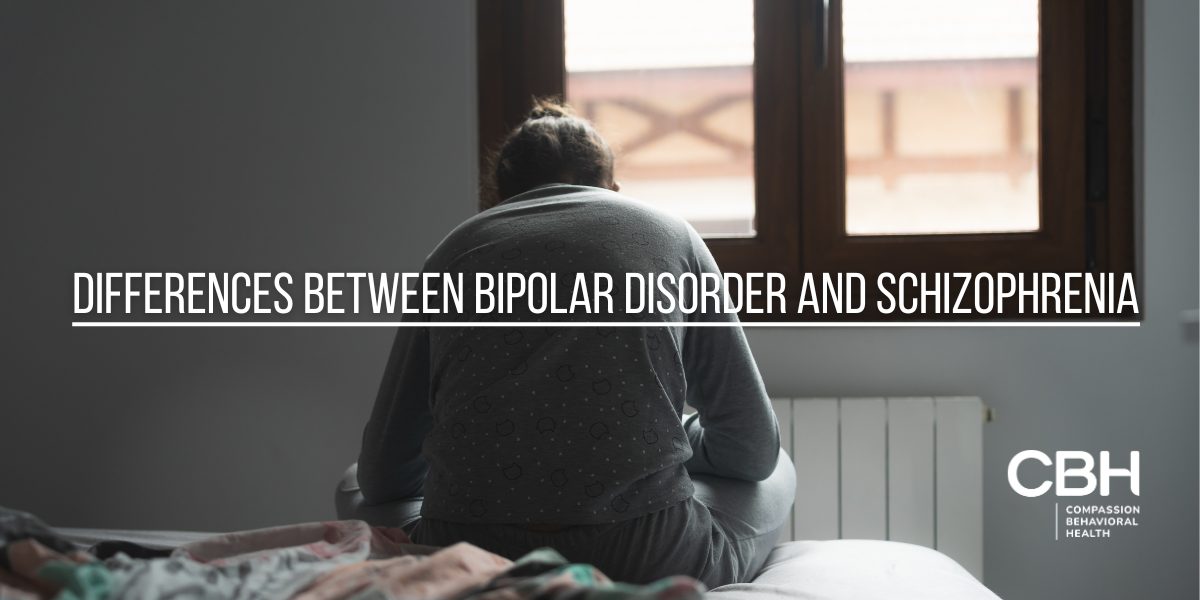Identify the Indicators of Adderall Abuse
Adderall abuse has risen over the past two decades, particularly among American college students. Many young adults who struggle to adapt to a new learning environment, or want to enhance their academic performance, will obtain the drug to help improve their focus and concentration. However, when used carelessly or without the guidance of a medical professional, it can easily be misused and abused by an individual.
In recent years, Adderall misuse has seen a noticeable increase, particularly among young adults. Statistics indicate a significant rise in non-medical use of Adderall, with emergency room visits associated with its misuse increasing dramatically. Notably, full-time college students are twice as likely to abuse Adderall compared to their non-college peers. The overall prevalence of Adderall use in the U.S. among individuals aged 23-24 was reported at 10.8% in 2023.
Today, we are going to cover some key signs of Adderall abuse to know. If you are seeking resources on addiction or abuse of any substance, please call the SAMHSA National Helpline at 1-800-662-4357.
What Is Adderall?
Adderall is a Schedule II combination of amphetamine and dextroamphetamine. It is a stimulant that is designed to help an individual improve their concentration and focus. Most often, it is prescribed to those living with chronic mental health conditions that affect their ability to concentrate or remain alert such as attention deficit hyperactivity disorder (ADHD) or narcolepsy.
It is important to note that Adderall is a prescription medication and only intended to be used as prescribed at the dose recommended by one’s doctor. You should never share Adderall with another individual.
Those who have experienced addiction to other substances in the past are discouraged from taking Adderall. Because it can trigger addictive behavior, it is best for those in recovery to consult with their medical provider about non-addictive alternatives.
What Are the Key Signs of Adderall Abuse?
Are you currently taking Adderall and wondering if you are forming a dependency? Perhaps you are suspecting that a loved one is abusing the drug. In any situation, here are some common signs of Adderall abuse to look out for:
Changes in Behavior
Adderall affects the brain, and as such, can cause changes in the person’s behavior. For example, you might notice some differences like:
- The individual is more talkative than usual
- The person exhibits a more excitable nature (more easily startled, enthusiastic about things they normally aren’t, etc.)
- Changes in social behavior – usually increased isolation
- Abnormal secretive behavior – the person is acting like they are hiding something from others, not telling anyone where they are going, etc.
- Adopting new sleeping habits or patterns
- Exhibiting more aggressive behavior
- Acting disoriented or less aware of their surroundings
- Performing unusual, impulsive actions
- Abnormal financial habits
- Loss of memory or difficulty constructing complete thoughts
Physical Signs
In addition to behavioral changes, the person may also exhibit physical signs like:
- Reduced appetite and/or noticeable weight loss
- General fatigue or exhaustion
- Poor hygiene
Signs of Adderall Overdose
As with any addictive substance, there is a chance that a person can overdose while abusing Adderall. According to the FDA, symptoms of Adderall overdosage include:
- Restlessness
- Tremors
- Hyperreflexia (overactive reflexes)
- Heavy or fast breathing
- Confusion
- Aggressive/assaultive behavior
- Hallucinations
- Panicked behavior
- Hyperpyrexia (extremely high fever of 106.7 Fahrenheit or or higher)
- Rhabdomyolysis (muscle pain, unusual urine color, difficulty urinating, weakness)
- Fatigue
- Cardiovascular arrhythmia
- Hypertension or hypotension
- Circulatory collapse
- Gastrointestinal symptoms: nausea, vomiting, diarrhea, cramps
- Convulsions
- Coma
If you or someone you know is experiencing these symptoms of Adderall overdose, call 911 immediately or find safe transport to your nearest emergency room. Timely medical intervention can be lifesaving.
What to Do if You Think Someone is Abusing Adderall
If you believe a loved one is experiencing a substance abuse disorder, do not hesitate to reach out to them. The longer they are continuing this behavior, the larger the impact it can have on their lives.
Treat this person with compassion and empathy, realizing that the path to recovery is often not rigid or linear. Tell them that you care for them and are concerned for their wellbeing, listen to them, and prepare for potential pushback. Oftentimes, a series of conversations is needed to break through and help someone realize they need help.
Addiction and substance abuse are complex issues and are not indicators that a person is behaving badly. As such, avoid arguing with the person or using negative incentives in response to their actions, such as punishments or lectures. However, that does not mean that you should not set healthy boundaries with them either.
Examples of healthy boundaries include, but aren’t limited to:
- Restricting/eliminating substance use in the home
- Refusing to aid the person lying about their behavior to others
- Requiring they continue to meet their regular financial obligations and limiting any financial assistance you provide to them
- Mandate that they behave in a respectful and polite manner at all times
Getting Help for Adderall Abuse at CBH in South Florida
Adderall benefits the lives of those who need it and are taking it under the careful guidance of a medical professional. However, misusing and abusing it remains a prevalent issue that parents, friends, and loved ones need to watch.
It is important to state that misusing and abusing substances like Adderall does not make one a “bad person.” It is a symptom of a medical and/or mental health issue that requires compassionate and caring treatment.
If you or your loved one is seeking help in treating and recovering from Adderall abuse in South Florida, call us anytime at (844) 503-0126. Our team will be glad to speak to you about your options.




